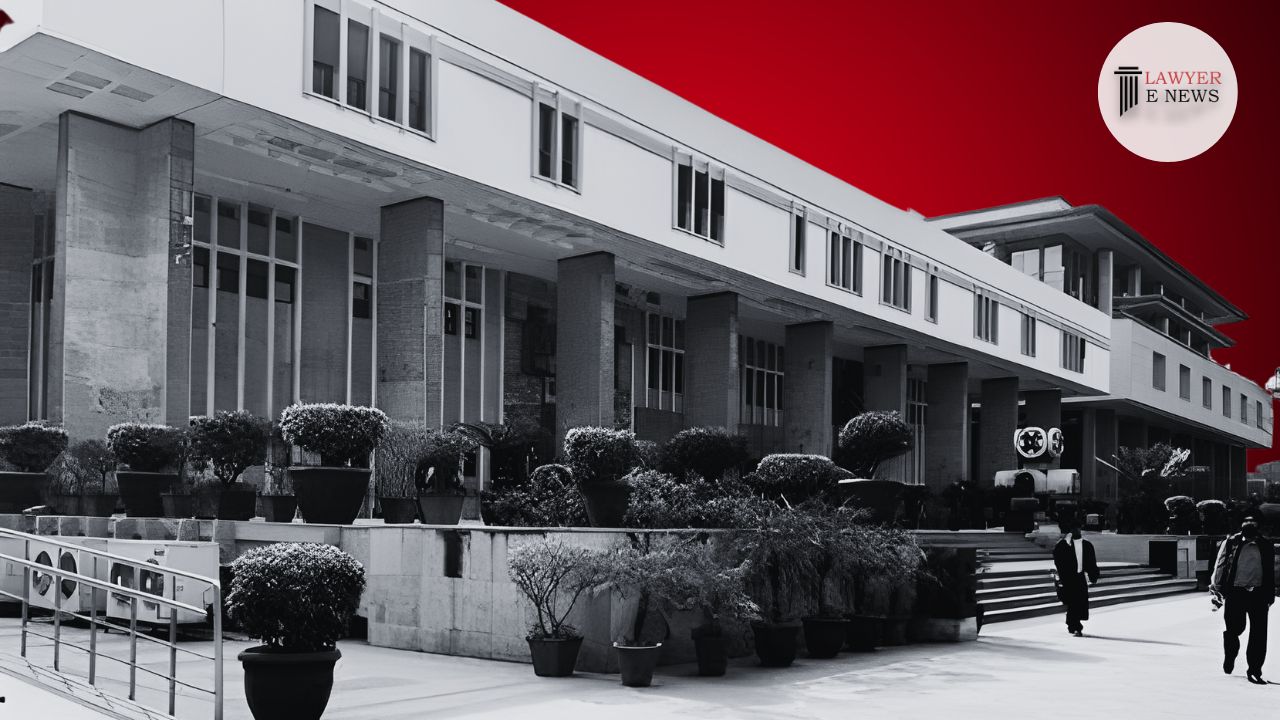-
by sayum
14 February 2026 2:22 PM



In a significant ruling that has far-reaching implications for matrimonial cases, the High Court delivered a landmark judgment on July 27, 2023, wherein it rejected a second divorce petition based on allegations of cruelty by the husband against the wife. The judgment, delivered by Bench comprising Justice Manoj Jain and Justice Sanjeev Sachdeva, upholds the principle of issue estoppel, preventing the re-agitation of previously abandoned grounds in a fresh petition.
The case In question involved a husband who had previously filed a petition seeking divorce on the grounds of cruelty. However, he unconditionally abandoned the said petition, which was already at the trial stage. Later, the husband filed a fresh divorce petition on the same grounds, citing additional instances of alleged cruelty. The wife contested the second petition, arguing that it was barred under Order XXIII Rule 1(4) of the Civil Procedure Code (CPC) and the principles of issue estoppel and cause of action estoppel.
In their judgment, the Honorable Judges quoted, “The unconditional abandonment of the claim in the previous petition would clearly constitute condonation,” reinforcing the significance of the husband’s actions in relinquishing the previous petition. The Court further emphasized that the mere act of taking legal recourse by filing petitions or applications before a court of law, by itself, does not amount to an act of cruelty in a matrimonial relationship.
The Court analyzed the Instances of alleged cruelty cited by the husband in the new petition and found that they were not sufficient to establish a fresh cause of action for divorce. The Bench stated, “No new instance of cruelty has been cited in the subject petition,” thereby affirming the application of Order XXIII Rule 1(4) of the CPC, which prohibits instituting a new petition on the same cause of action.
The judgment also touched upon the issue of irretrievable breakdown of marriage, clarifying that while the Supreme Court holds discretionary power under Article 142(1) of the Constitution to dissolve a marriage on such grounds, High Courts do not possess a similar power, and the Hindu Marriage Act, 1955, does not recognize irretrievable breakdown as a ground for divorce.
The ruling referred to various precedents, such as Vallabh Das vs. Madan Lal & Ors. And Infonox Software Pvt. Ltd. Vs. R.K. Dubey, to highlight the distinguishable nature of the present case.
Date of Decision: July 27, 2023
NIDHI JAIN vs ANKIT JAIN
